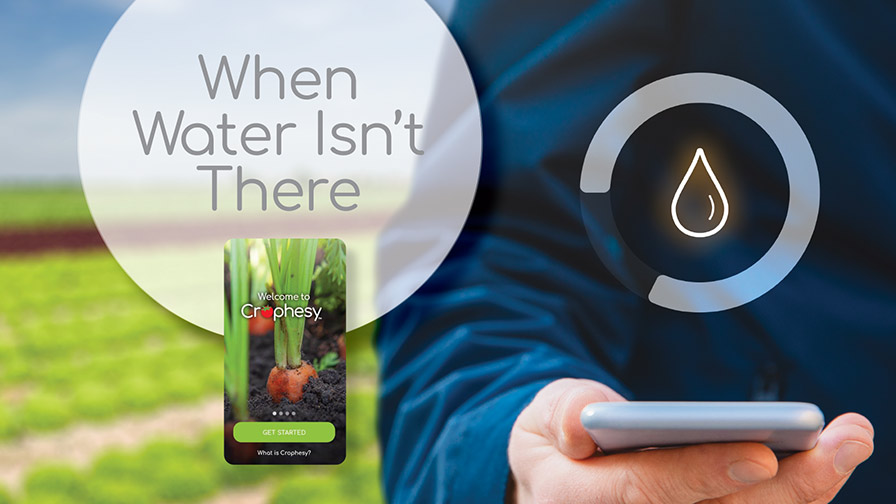With Big Data Comes Big Concerns For Agriculture [Opinion]

Frank Giles
I’m a gadget guy, so stories like this month’s cover excite me about how current and future technology will be put to use in agriculture. The notion that we would have unmanned aircraft flying over our farms, scouting crops for various reasons is truly a remarkable sign of innovation.
It is easy to see how UAVs will integrate into precision agriculture operations when the various regulations are sorted out with the Federal Aviation Administration. Along with these technologies, come a tremendous amount of data in the saved images and records of fields and their applications. Big data is the catchphrase used to describe this information.
As these technologies advance, there have been concerns about who owns or has the rights to access all of this big data collected by agriculture technology providers (ATPs). Does the grower have sole ownership? After all, it is his or her land that is generating the information. Or, do ATPs have some rights to this information as well, because without their technology, the data would not exist?
After years of debate, recently a coalition of major farm organizations and ATPs announced an agreement on data privacy and security principles. The aim is to encourage the use and development of a host of technology-driven tools to improve the productivity and profitability of American agriculture.
The coalition includes the heavyweights of agriculture industry and is a necessary step in protecting the information generated by these technologies. The American Farm Bureau spearheaded the effort and the organization’s president Bob Stallman said of the agreement: “The principles provide a measure of needed certainty to farmers regarding the protection of their data.”
The agreement clarifies that sticky question of ownership. The group believes that farmers own information generated on their farming operations. However, farming is complex and dynamic and it is the responsibility of the farmer to agree upon data use and sharing with the other stakeholders with an economic interest such as the tenant, landowner, cooperative, owner of the precision agriculture system hardware, and/or ATP, etc. The farmer contracting with the ATP is responsible for ensuring that only the data they own or have permission to use is included in the account with the ATP.
When it comes to collection and access to the information, this should come only with the explicit affirmation and consent of the farmer. They also must be notified when data is being collected and how the information will be used. Additionally, growers should be notified if the data will be shared with any third party beyond the primary ATP.
When a grower wants to know what is happening with his or her ATP, the experience should not be like calling your local cable provider. The agreement calls on the ATPs to provide farmers with contact information to quickly resolve any inquires or complaints.
ATPs also agree to fully explain the grower’s ability to opt in or opt out of the services and features offered by the supplier. If multiple options are offered, they should be able to choose some, all, or none of those choices.
There’s a lot more to this agreement. I’d encourage growers who have been reluctant to tap into these technology services because of security concerns to study this agreement in more detail. The full document can be found here.
Many believe technologies like UAVs and precision ag represent the second Green Revolution, but it only will happen if farmers feel safe using them.










